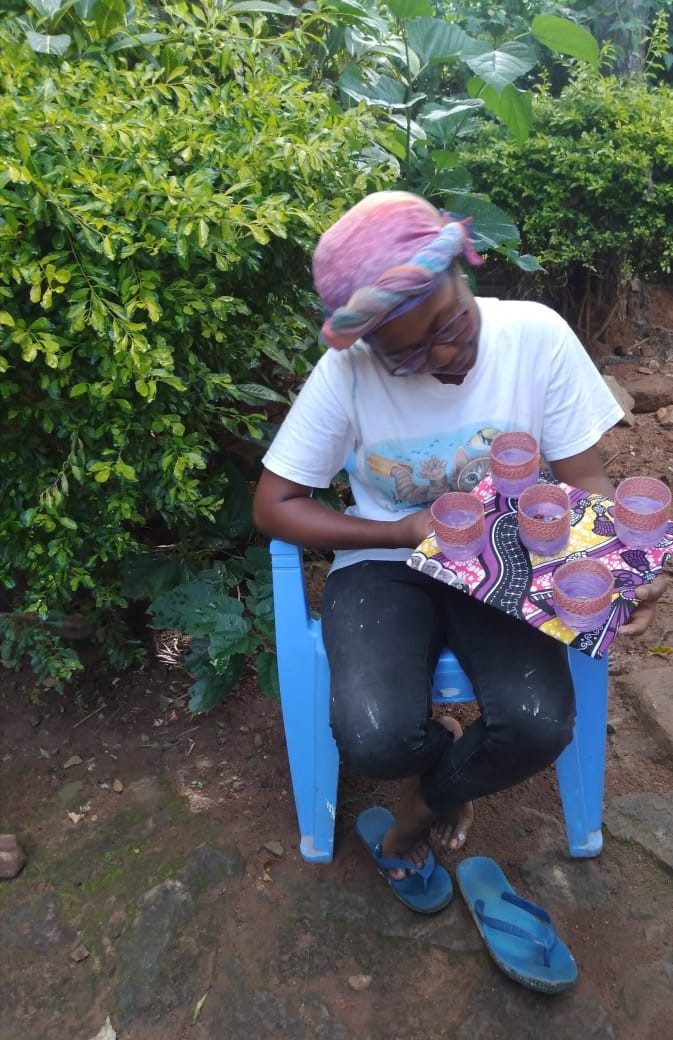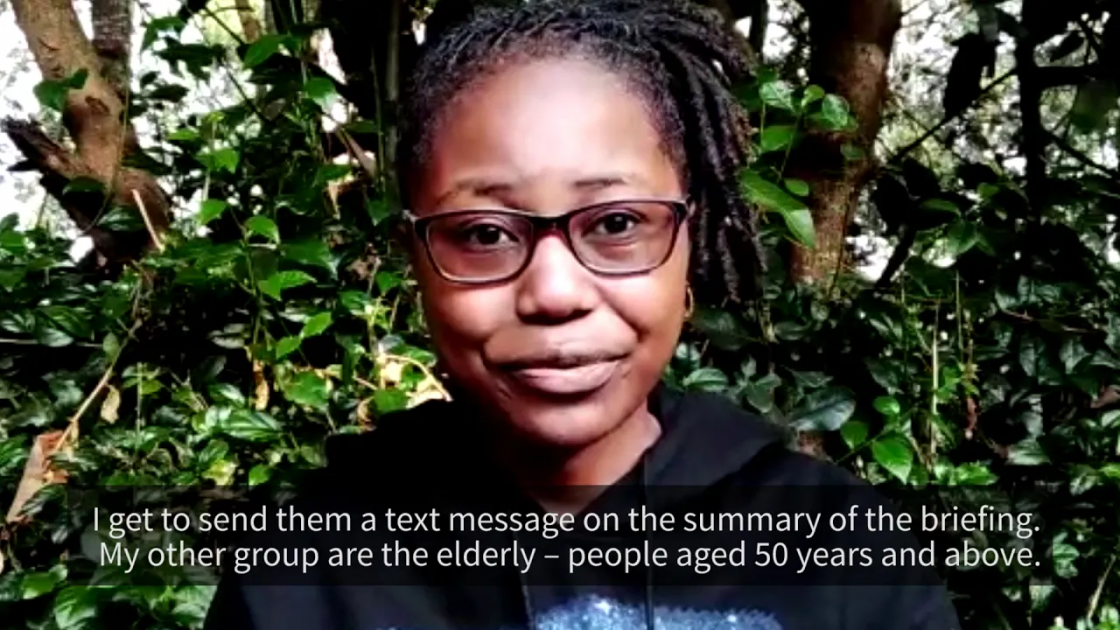Jane is a Silver Award participant studying Art at Egerton University in Nairobi, Kenya. She is working hard to continue her Award from home during lockdown due to the COVID-19 global pandemic. For her Voluntary Service section she is creating awareness in hard-to-reach communities where she is translating government health advice from English into the local languages of Kamba or Kiswahili.
As Kenya gets to grips with the ‘new normal’ and life placed under severe movement restrictions, many people get their current health and safety information updates from the Health Cabinet Secretary and his daily briefings.
However, these briefings are always given in English which is not a language spoken by everyone within the country. This can therefore be problematic for those who cannot understand what is being said, as they could be missing vital updates on what they are allowed to do, and where they are allowed to go during the pandemic.
As Jane points out: “Bearing in mind that some people in our communities don’t have access to these sources of information, they sometimes end up been misled or suffering from lack of knowledge.”
While being stuck at home, Jane therefore began to try to find a way to get this vital information to those in remote or marginalised communities:
“This made me settle on sharing information to people through text messages and Whatsapp messages, since most people have access to personal mobile phones.
“This important information might not reach every individual since most people are busy in their farms because it’s our planting season. Also, elderly people who cannot understand English would also struggle, but I knew I was able to translate it for them.”
As part of the Voluntary Service section of her Award, Jane made it her mission to reach three key target groups:
- Elderly people aged between 50-65:
I translate for several people in this age group, to help them understand what is currently going on the country and how they should protect themselves.
- Middle aged people:
I help 15 people in this group; they understand both English and Kiswahili, but they are busy working in the day and therefore they cannot always follow the briefings.
- Other young people:
I have about 20 friends whom I can chat with to check how much they are informed about COVID-19, and to hear their points of view. Some of them are good in our vernacular language, Kamba, so they also help me in the interpretation.





